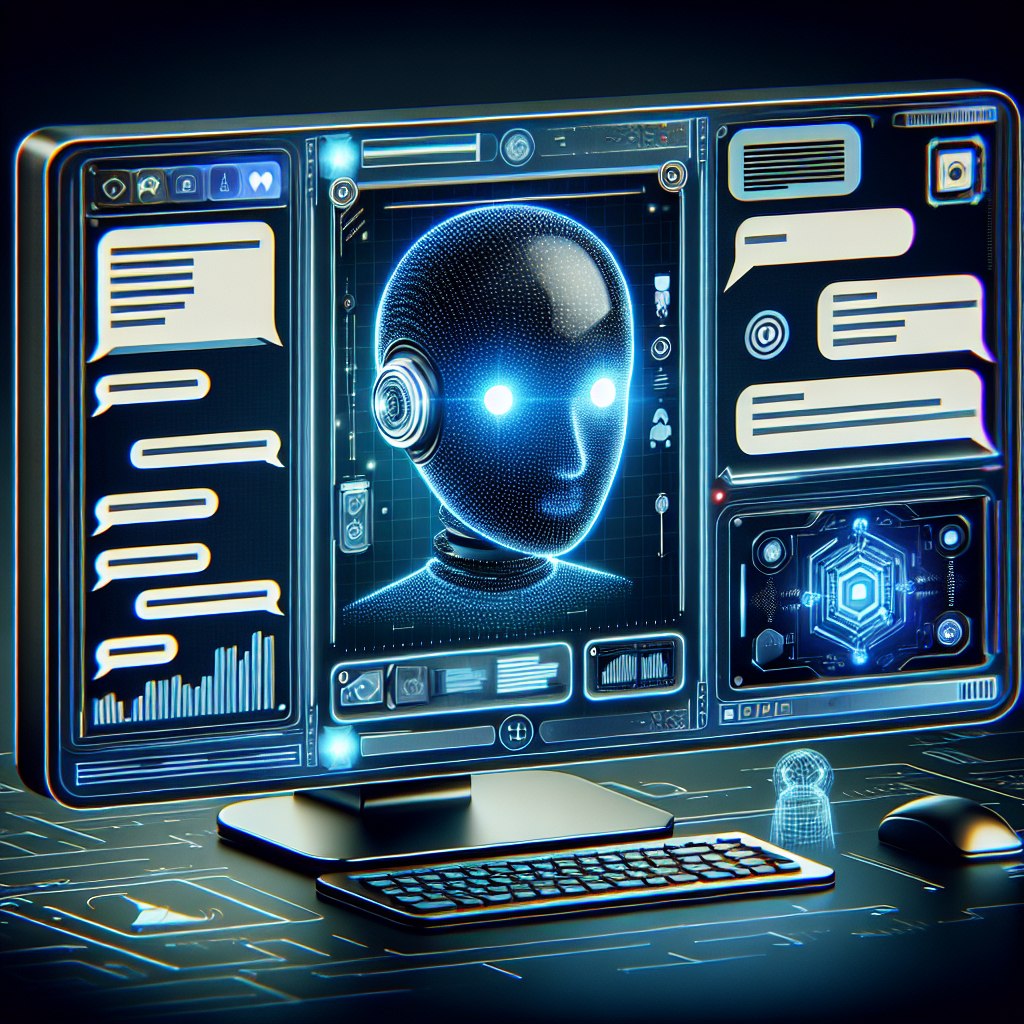AI Chatbots: A Double-Edged Sword for Mental Health
As AI chatbots like ChatGPT become increasingly popular for mental health advice, their effectiveness and safety are debated. While they can mimic human interaction and fill gaps in mental health services, they are not substitutes for professional therapy. More research is needed to understand their long-term impact.

- Country:
- Australia
As AI chatbots such as ChatGPT gain traction for mental health conversations, their role as de facto therapists is under scrutiny. While some users see them as cost-effective support, experts highlight that these chatbots aren't equipped to replace professional mental health services.
These AI models generate responses based on extensive internet-sourced data, lacking the nuanced understanding of trained therapists. While specialized chatbots like Woebot can aid in reducing anxiety, their long-term effects remain uncharted territory.
Amidst concerns of emotional dependence and misinformation, experts call for comprehensive research to unveil the potential risks and benefits. AI chatbots can offer interim support, but for sustained mental health improvement, professional intervention remains crucial.
(With inputs from agencies.)










